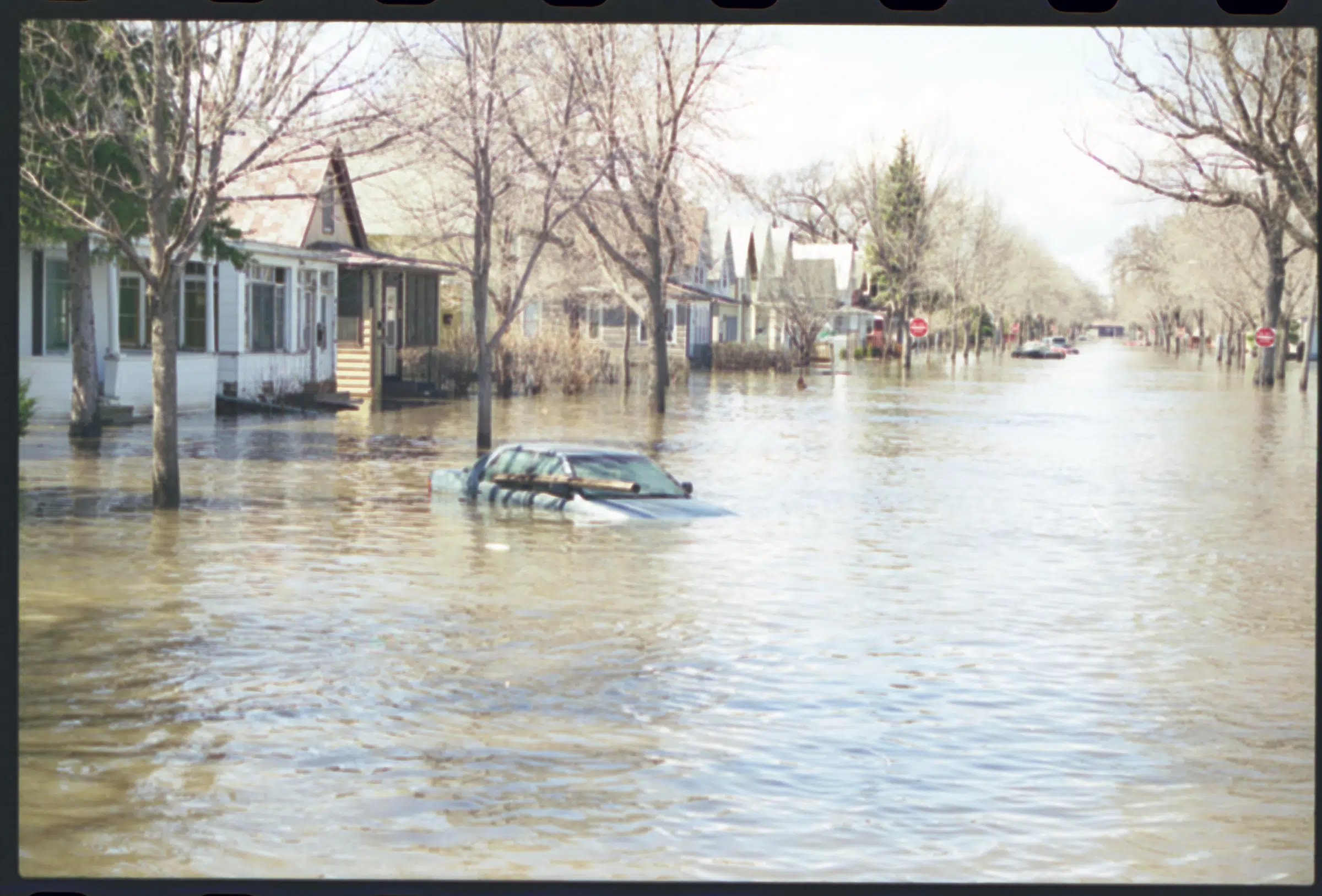
In the past couple weeks, many media outlets in North Dakota, especially in the eastern part of the state, published or broadcast stories related to the 25th anniversary of the 1997 Red River flood.
With all those historical accounts taking place, it seemed more appropriate to wait a few weeks before relating my own experience.
As a North Dakota Game and Fish Department game warden at the time, most of my work revolved around enforcing hunting, fishing, trapping and boating laws. However, game wardens in North Dakota are licensed peace officers and are often involved in enforcement or emergency situations, such as water search and rescues, fugitives at large, drug busts, the list goes on.
In March and April 25 years ago, I was in the process of transferring from Bottineau to the eastern part of the state. On one trip back to Bottineau in April, I got a message from a fellow warden telling me to get to Grand Forks, where hours before the Red had topped the dike and flooded much of the city.
All game wardens in eastern North Dakota were dispatched to Grand Forks. With only a little more than a year of experience under my belt, I found myself wondering what we could do?
I put all my gear together on a Sunday night and pointed east from Bottineau early the next morning. My first stop was at the Devils Lake Law Enforcement Center to pick up supplies to drop off at the Air Force base on my way to Grand Forks.
As U.S. Highway 2 brought me closer to Grand Forks, I began seeing evidence – or maybe it was a lack of activity – of the disaster ahead of me. About the only traffic was a few emergency vehicles on the road.
I met up with the other game wardens, all of us staying at a local motel. Our job was to patrol the flooded streets of Grand Forks. This was done mostly at night, but a few day shifts, too. We were teamed up with other wardens and local law enforcement officers guided us. Our patrol was to maintain a sense of order and to provide assistance.
We’d set off in the dusk hours, driving our patrol boats down streets made for cars. A couple things clearly stood out. The first was the smell of fuel oil and gas fumes at night when there was little wind. And it wasn’t just at certain times or certain areas of town. It was everywhere.
The second clear memory was just the power of the water. Our patrol was standardized and a few times each night we’d roll through different parts of downtown Grand Forks where the mad rush of water strained even our high-powered warden patrol boats when heading upstream. A 125-horsepower engine required half throttle just to maintain forward motion. The power of the water was unbelievable.
Of course, no people were around and there was no noise other than boats, generators and the rushing of water. Dark, quiet and eerie filled what should have been busy, bright and loud.
As a testament to our people, I never heard of a looter. I was never part of nor witnessed anyone removed by authorities.
We maintained our patrols for the better part of a week, before others were brought in for relief. But like for many others who were either directly or indirectly involved, it was an experience I’ll never forget.




Comments